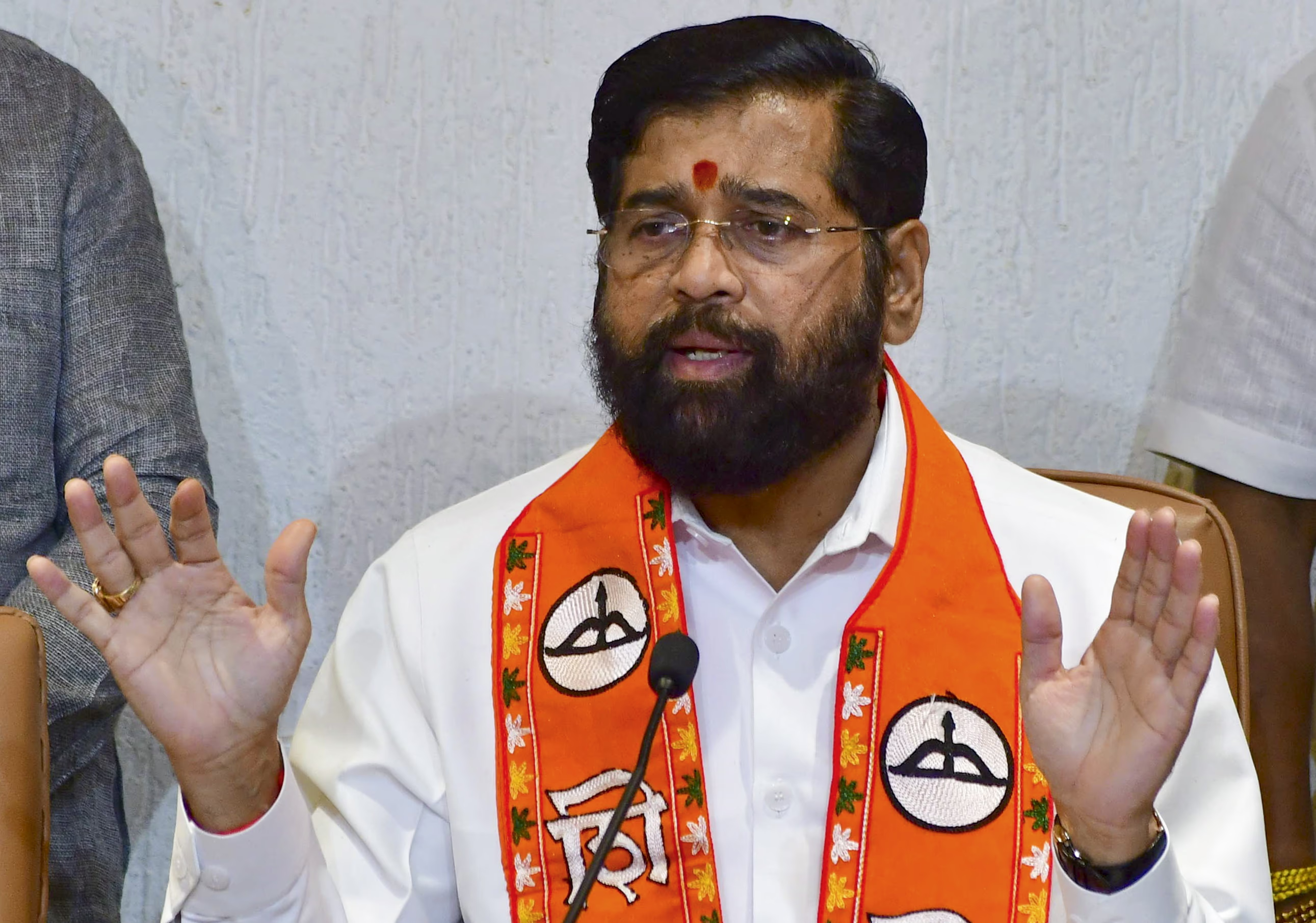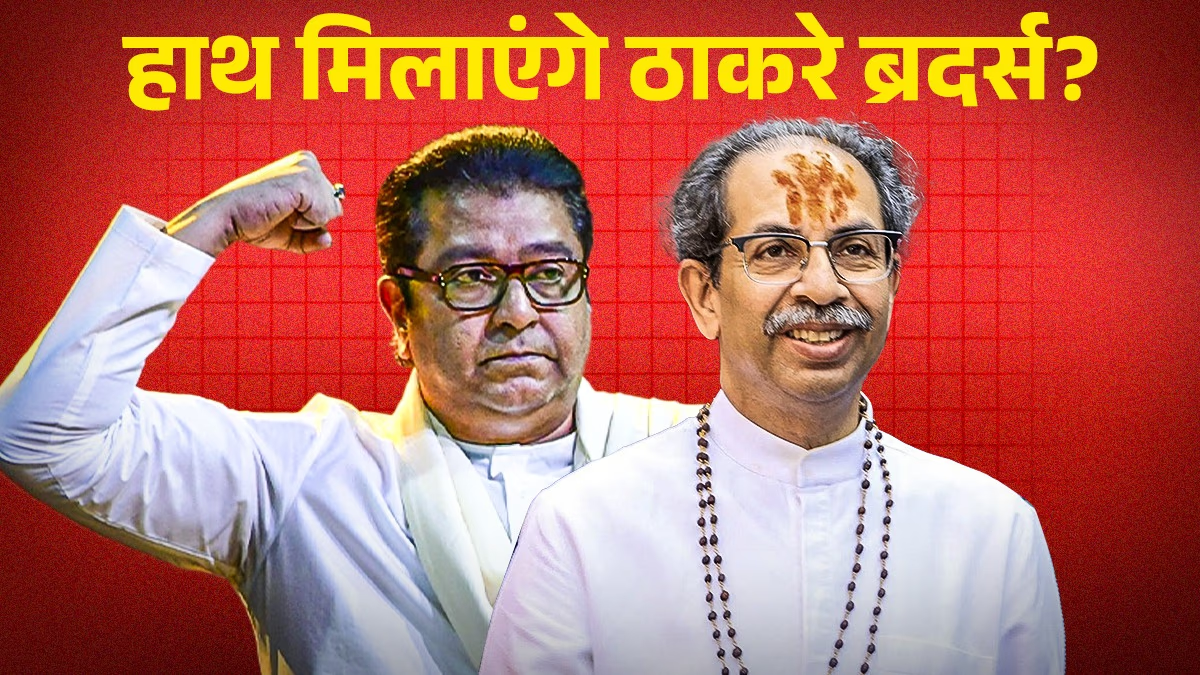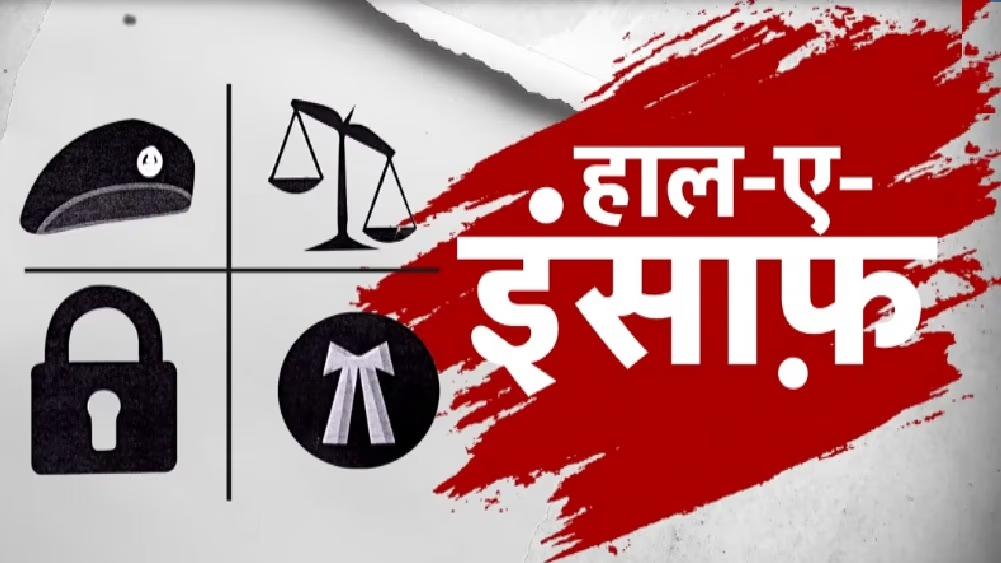Once again, the Thackeray brothers are the talk of Maharashtra's political scene. Conversations buzz around Uddhav Thackeray, the Shiv Sena (UBT) chief, and his cousin Raj Thackeray of MNS as they hint at reunification. These speculations are mainly fueled by public statements, subtly warming up the political climate. Analysts ponder whether the long-standing Thackeray family feud is near resolution after two decades. What are the political interests driving them to reconcile?
The Thackeray family's influence in Maharashtra, particularly in Mumbai and urban Marathwada, is significant. With roots in Marathi identity and Hindutva, the political clout persists. Uddhav, son of Bal Thackeray, leads the Shiv Sena (UBT), while his cousin Raj, acknowledged for Bal's charismatic style, spearheads MNS.
Existential Crisis for MNS?
The rift between Uddhav and Raj in 2006 was so profound, it led to the formation of MNS by Raj. Despite his popularity among youth and fiery oratory, MNS couldn't rival Shiv Sena's stature. The recent assembly elections were particularly dismal, as the party didn't secure any seats, threatening their party symbol.
Is Uddhav's Faction Under Pressure?
In 2019, Uddhav parted ways with BJP, forming the Maha Vikas Aghadi alliance with NCP and Congress, who traditionally opposed Shiv Sena's ideology. This shift angered some Hindutva loyalists, affecting electoral performance.
Shinde Faction Posing Challenges
In 2022, Eknath Shinde orchestrated a rebellion within Shiv Sena, aligning with NDA with over 40 legislators. Supported by BJP, Shinde now lays claim to the Shiv Sena name and symbol, consistently challenging the Thackeray legacy.
Currently, Maharashtra's political scenario is polarized among Uddhav, Raj, and Shinde. Each interprets Marathi identity and Hindutva uniquely, intensifying familial and electoral rivalries.

Source: aajtak
Reflective Election Results?
The Thackeray family feud was reflected in the assembly election results too. Uddhav's Shiv Sena (UBT) contested 94 seats, winning only 20. Despite fielding candidates on 36 Mumbai seats, they won just 10.
On Mahim, Amit Thackeray of MNS ranked third, while Uddhav's faction secured victory. Raj's MNS, which contested 125 seats, secured no victories, intensifying existential threats.
MNS's participation seemed to benefit Uddhav's group, indirectly affecting Shinde's faction, with MNS candidates drawing crucial votes away.
Raj and Uddhav's Public Addresses
At a Shiv Sena event, Uddhav stated, "I have resolved disputes. I am willing to put minor issues aside for Marathi interests," extending an olive branch directly towards Raj.
Meanwhile, leader Raj Thackeray asserted that their disputes are trivial, emphasizing the need for Marathi solidarity amidst Maharashtra's broader political stakes.
Speculations of Reunification
Post Maharashtra assembly elections, MVA's severe defeat stirred debates about Shiv Sena (UBT) and MNS's survival, fueling public opinion favoring a reunion of the Thackeray siblings.
BMC Elections: A Battle for Survival
With BMC elections pending since three years, powerhouses aim to capture this influential civic body. An MNS-Shiv Sena (UBT) alliance could dramatically shift the state's political dynamics.
Consequences of a Reunion
A reunited Thackeray faction could challenge BJP-led NDA, reviving conjecture about future alliances. BMC, historically a Shiv Sena stronghold, might impact their standing.
Shinde's Recent Engagements
Recently, Deputy CM Eknath Shinde visited Raj Thackeray's residence, prompting alliance speculations. Shinde clarified post-meeting that the engagement was informal, aimed at reconciling.
Sudden journalist inquiries into these meetings visibly irked Shinde, signaling underlying tensions. His public disquiet hints at complex political maneuvers.
The fate of Indian politics, particularly in Maharashtra, hinges on evolving alliances among leaders. The outcomes of upcoming civic elections will offer further clarity.




